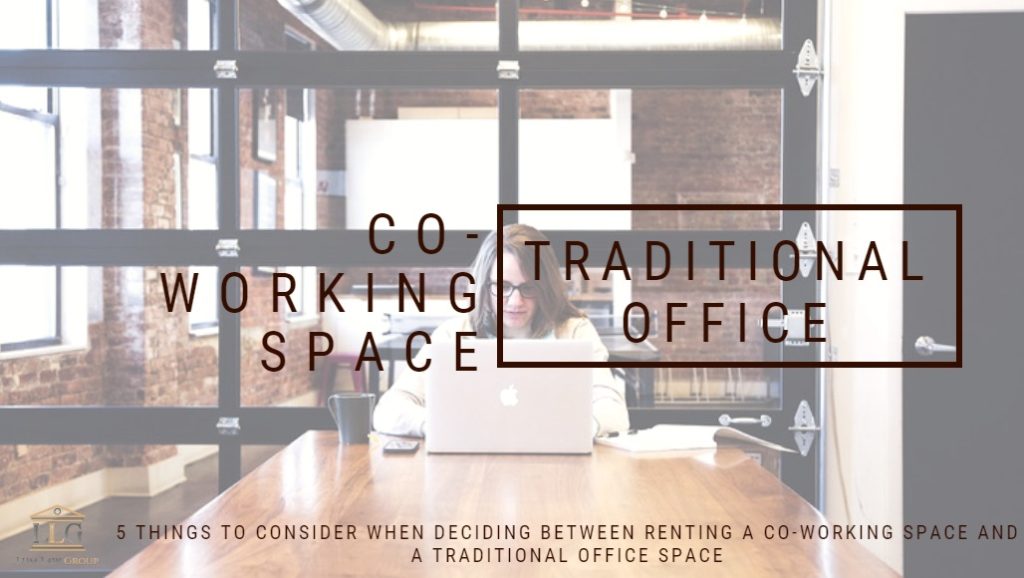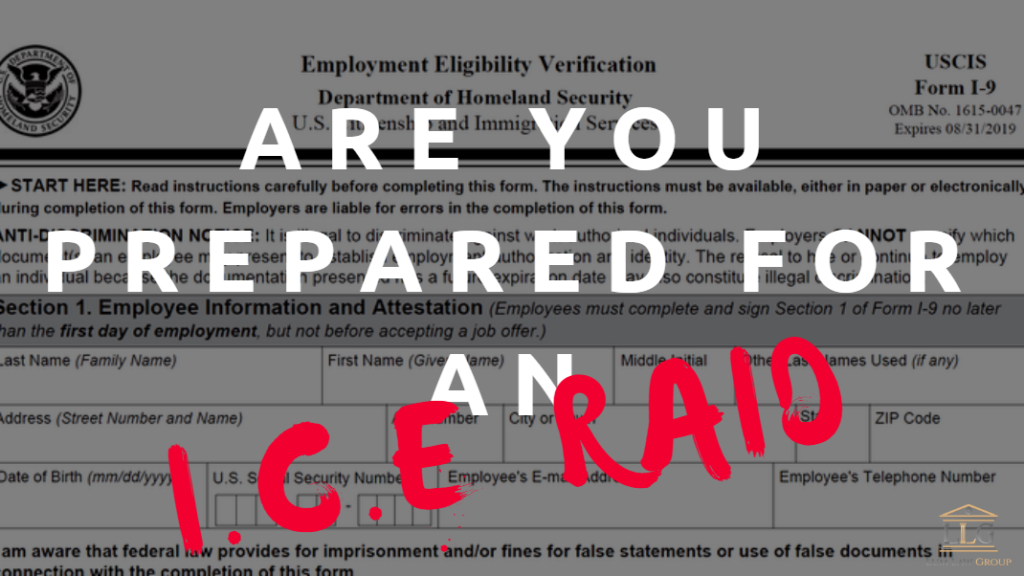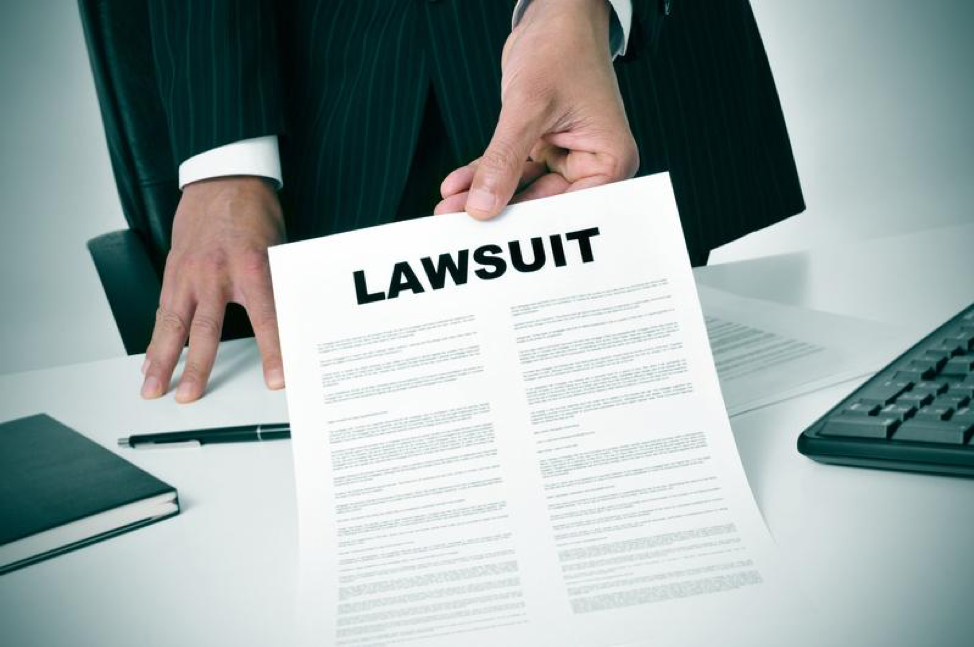The 3 Benefits of Improving Workplace Safety

Workplace safety is important for employees and businesses alike. Without it, chaos takes over and employees tend to trust their employers a whole lot less. Here are three benefits of improving the safety of your workplace. Improved Employee Morale The definition of morale, according to the Merriam-Webster Dictionary, is the confidence, enthusiasm, and discipline of […]
4 Characteristics of Wildly Successful Startups

If you’ve studied successful startups, you might think that what makes a startup take off or remain permanently grounded is just luck–or a fluke. While all startups are unique, and there’s no guaranteeing that one will be a success, there are certain characteristics of startups that help them succeed better. Here we list the characteristics […]
Scheduling a Meeting for Your Startup? 3 Locations to Consider

Startups already have it tough without having to worry about where to meet–those coffee house meetings get expensive after a while. Entrepreneurs have enough on their plate, between gathering financial resources and pitching projects, to have to worry about what address to send people for the next meeting. If you have a startup, you understand […]
How to Plan for These 5 Deadly D’s of Business Partnerships

Your partnership may be going along smoothly without a worry in sight. However, it’s important that you and your partner talk about what you would do in the case of certain events. Some of the subjects can be difficult to talk about, but it is better that you are prepared for whatever may happen. Disinterest […]
3 New Changes for H1-B Filers in 2019

Here at Lum Law Group, we have already begun preparing H1-B petitions on behalf of our clients. If you plan on filing this year, do not wait till mid-March (it might be too late!) Contact our office for answers and assistance on filing your H1-B petition this year! On January 31, 2019, DHS has issued […]
How Can I Lock In My Business Name So That No One Else Can Use It?

A “Mompreneur”, a mom who is also an entrepreneur, recently asked how she can lock in her business name so that no one else can use it. She is in the early stages of starting her business and isn’t ready to have a sign on the door or even a website. She had many, many […]
5 Things to Consider When Deciding Between Renting a Co-working Space and a Traditional Office Space

We at Lum Law Group know many who have ventured into the modern world and signed up for the modern working space. Instead of hiring an agent to find a traditional office space, negotiating a one to five year long lease, and waiting months to move in, a co-working space can start you in their […]
Top 3 Differences between a Sole Proprietor and a Single-Member Limited Liability Company (LLC)

If you’re a one-man (or woman) business, you might wonder whether you should continue operating as a “sole proprietor”, or register as a single-member Limited Liability Company (LLC). Since both business entity types are for a single owner, we will cover the top three items you should consider in deciding between sole proprietorship and single-member […]
5 New 2019 California Employment Laws Business Owners Should Know

California will implement many new regulations in the coming year. As a small business owner, it’s important to remain up-to-date with new legislation so that you can ensure your business is in compliance with State regulations. As employment defense attorneys, we encourage businesses to take preventative action before they’re sued by their employees. Here’s five […]
Employers! Are you prepared for an ICE raid or I-9 Compliance Audit?

Since the beginning of the year, we’ve seen an increase in ICE employment site raids. Many attorneys discuss what to do when ICE knocks on your door–discussing your rights and responsibility of compliance, but here we’ll be advising the employer. If you’re small business owner, franchisee, or anyone who employs another person, this is for […]
How to Handle an Immigration (USCIS) Employment Site Visit

If you’re an employer with employment-based petition(s), such as the Form 129 Petition, for your employees, you might find yourself face-to-face with audit officers from the Fraud Detection and National Security (FDNS) department. FDNS, or a third-party inspector, conducts site visits on behalf of United States Citizenship & Immigration Services (USCIS) to combat L-1 and […]
How to Protect Your Business From Common Lawsuits

As an entrepreneur, it’s your responsibility to make sure that the business runs smoothly and is not affected by anything. One thing that can greatly harm your business is a lawsuit for tort liability. To avoid being a victim, here are five ways to protect your business from common lawsuits: 1. Monitor Your Actions and […]
What You Need to Know Before Expanding Your Business Overseas

Expanding your business overseas is an exciting development for entrepreneurs. Developing economies are the new frontier, and only the industrious can hope to take advantage of it. Of course, where there are unique opportunities, there are also unique challenges. Expanding your business abroad comes with several legal concerns that can be critical. When considering expanding your […]
What You Need to Know About Business Franchises

When looking into starting a business, you may consider franchising. Buying a franchise means buying the rights to a particular company and own a “satellite location”, a smaller business at a separate location. As a franchise owner, you could be in the position to run a well-known business with the help and support of the […]
5 Challenges Los Angeles Businesses Face

Every business faces many different social and financial challenges. But it is larger cities with millions of people, such as Los Angeles, that pose the greatest challenges to businesses. Here are five common challenges with any business striving to make it in Los Angeles. 1. Multiculturalism Diversity and multiculturalism are considered to be positive assets […]
5 Things Startups Need to Know About OSHA

Every business should be concerned about employee safety, whether you are part of a large organization or a fairly small one, including startups. And even offices have occupational hazards, so don’t be lulled into thinking that only jobs involving physical labor need to be aware of OSHA regulations. If you’re part of a business, then […]
How to Spot a Pyramid Scheme from an MLM

Numerous opportunities are available for entrepreneurial individuals who are interested in making some extra money. Unfortunately, it can be all too easy to fall into too-good-to-be-true traps that could actually end up costing you money, or even your freedom (if they’re illegal). Understanding the differences between a pyramid scheme and multi-level-marketing (MLM) can help you […]
5 Game-Changing Business Tips for Entrepreneurial Immigrants

In the U.S., you have already seen plenty of active businesses everywhere. What you may not notice is that many companies fail and are replaced on a regular basis. Entrepreneurial immigrants frequently do very, very well in business-friendly locations, but they aren’t immune to harsh market forces either. Here are five essential tips for immigrants […]
Is your EB-5 investment a scam?

The U.S. EB-5 Immigrant Investment Program offers foreign investors and entrepreneurs permanent residence (a green card) in exchange for an investment of $1 million (or $500,000 for targeted employment areas) and job creation. Over the years, EB-5 investment has virtually guaranteed its investors citizenship, even if it cannot guarantee a return on its high-risk investment. […]
How to Improve Focus and Superpower Your Startup

If you have a startup, then you know how much work it takes to make it successful. With so much competition today, you need to have strong strategies at work to win and compete. Focus is key in this adventure to grow your company. Here are some tips to stay on top of your game: […]

